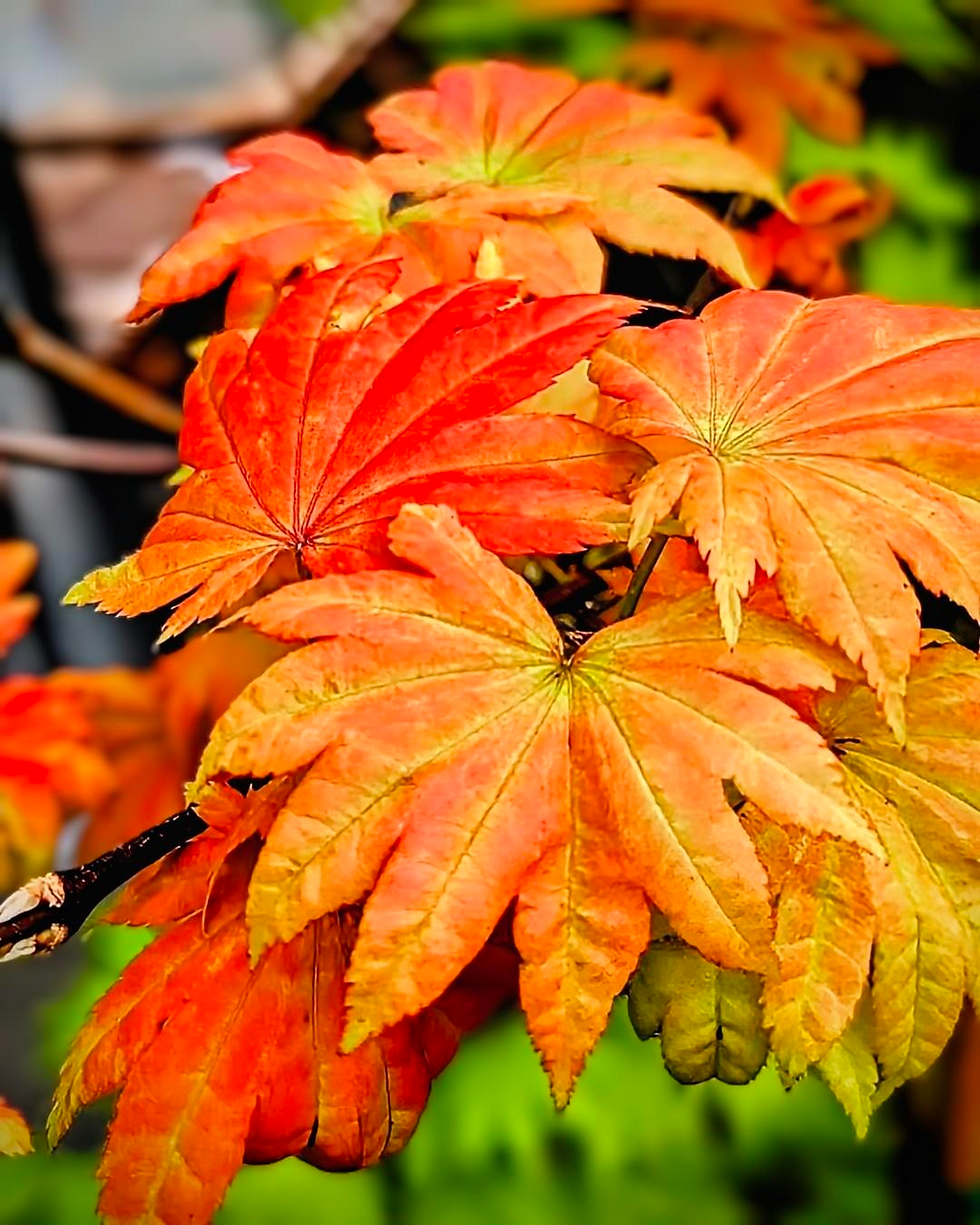Summer Plant Care: 10 Common Mistakes to Avoid
- Adriana Marsh
- Jun 26, 2025
- 3 min read
As the summer months approach, many of us look forward to spending more time in our gardens and enjoying the beauty of nature. However, the hot weather can be challenging for plants, and it's easy to make mistakes that can harm them. In this article, we'll explore the top 10 things not to do with your plants in the summer.
1. Over-Fertilize
Over-fertilizing can be detrimental to your plants, especially during the summer months. Too much fertilizer can cause leaf burn, weak growth, and even kill your plants. Instead, fertilize your plants during the cooler months or use a slow-release fertilizer that will provide nutrients throughout the growing season.
2. Water on Top of the Plant
Watering on top of the plant can cause fungal diseases and wash away beneficial insects. Instead, water at the base of the plant, at the roots, allowing the soil to absorb the moisture. This will help prevent fungal diseases and ensure that your plants receive the water they need.

3. Water in Hot Hours
Watering during the hottest part of the day can cause the water to evaporate quickly, reducing its effectiveness. Instead, water your plants in the early morning or evening when the temperature is cooler. This will help reduce evaporation and ensure that your plants receive the moisture they need.
4. Give Pesticides that are Hard on the Immune System
Using harsh pesticides can weaken your plant's immune system, making them more susceptible to disease and pests. Instead, use organic or integrated pest management (IPM) methods that target specific pests and promote healthy plant growth. IPM includes beneficial insects like nematodes, lady bottles, and praying mantis; natural oils; clay and lime; mesh and cages, etc.

5. Start Moving Them Around
Moving plants around too frequently can cause stress and disrupt their growth. Instead, choose a location that receives the right amount of sunlight and water for your plant, and let it settle in.
6. Water Without Checking for Moisture
Watering without checking the soil moisture can cause overwatering, which can be detrimental to your plants. Instead, check the soil moisture by sticking your finger into the soil up to the first knuckle. If the soil feels dry, it's time to water. Remember the majority of the times, rain is not enough.

7. Confuse Transpiration with Needing Water
Transpiration is the process by which plants release water vapor into the air. While it's true that plants need water to transpire, it's not necessary to water them excessively. Instead, ensure that the soil has adequate moisture, and the plant will transpire naturally.
8. Not Paying Attention to Pest and Signs of Disease
Ignoring signs of pests or disease can cause irreparable damage to your plants. Instead, monitor your plants regularly, and take action at the first sign of trouble. Use organic or IPM methods to control pests and diseases, and prune affected areas to prevent the problem from spreading.

9. Use Too Much Water
Using too much water can cause root rot, nutrient deficiencies, and other problems. Instead, water your plants deeply but infrequently to encourage deep root growth and make them more drought-resistant.
10. Not Providing Adequate Shade
Failing to provide adequate shade for plants that need it can cause scorching and stress. Instead, provide shade for plants that require it, especially during the hottest part of the day. You can use shade cloth, umbrellas, or plant them in a location that receives filtered sunlight.
By avoiding these common mistakes, you can help your plants thrive during the summer months and enjoy a beautiful and healthy garden. Remember to monitor your plants regularly, and take action at the first sign of trouble. Happy gardening!



Comments